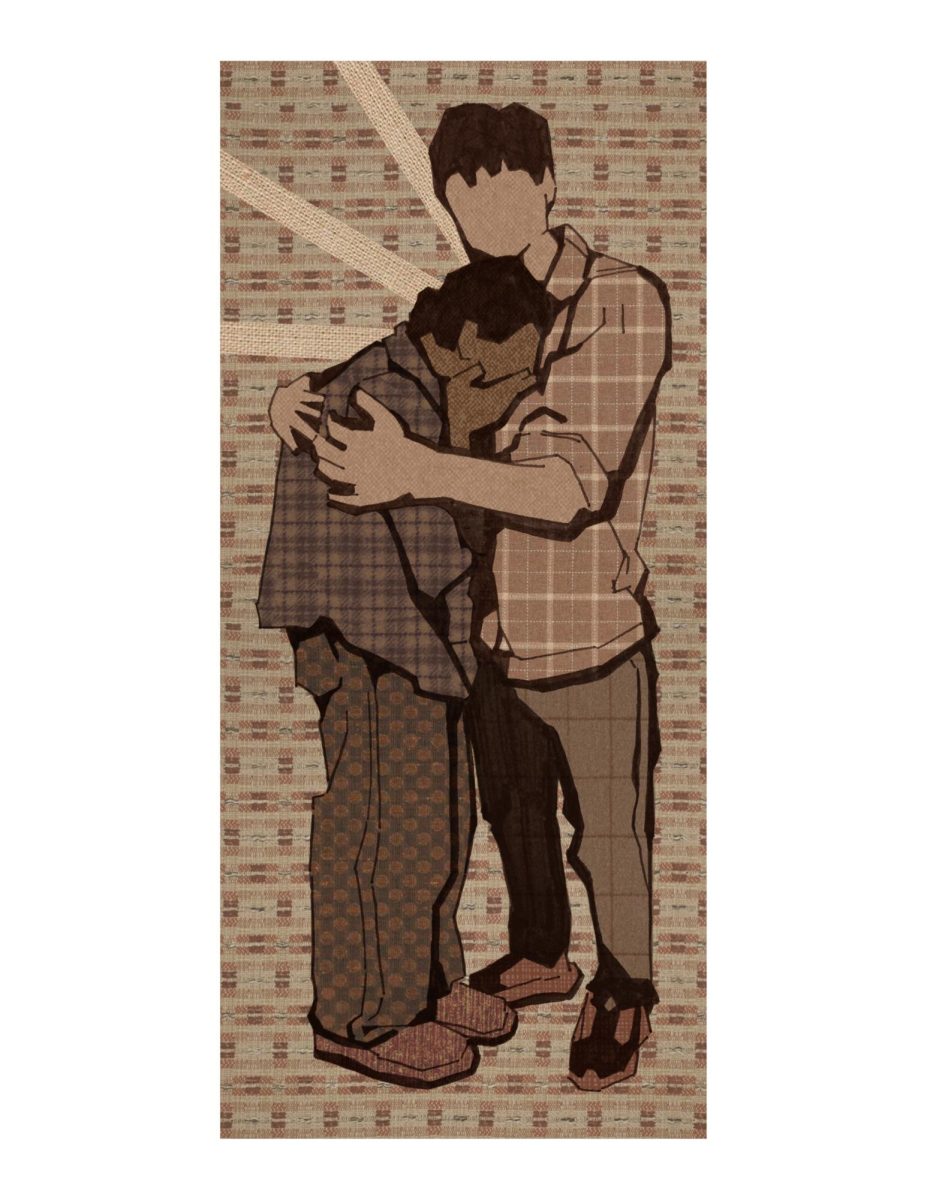It is impossible to roam Biola’s campus without seeing a flier or bulletin advertising some type of club that is promoting some type of compassionate action. Being a part of several ministries myself, I find it a blessing to be at a university that allows compassionate students to take action toward specific injustices. But what happens when we become desensitized to those fliers? When we become overwhelmed with all the “do-good” clubs?
Suffering in all areas of life is worldwide
Devastation is all around us. Genocide. Sex slavery. Aids. World hunger. Earthquakes. Tsunamis. We are inundated by people in need. People are not only suffering spiritually, but they are also lacking in the most basic needs: clean water, shoes, food. There is no end to the evils and misfortunes in this world. And now, more than ever, there is an overwhelming need for compassion and an incredible need for people to step up and take action.
Combating compassion fatigue
Thanks to technology we are able to see these issues headlined 24/7. As images flood our screens it seems impossible to avoid stories of people suffering in some way. While media blesses us by keeping us aware and updated, it can also overwhelm us and tempt us to just shut down to these crises. We learn to quickly fall back on self-absorption, excuses and short-term solutions.
So, how do we respond? How do we combat this compassion fatigue?
I faced this problem this summer. As finances continued to get tighter and tighter, I began to question whether my donations and efforts were really making a difference. That mindset put me in a tailspin, and I questioned whether the involvement I had in organizations was paying off at all.
As I was contemplating cancelling my contribution, I decided to open a letter that had been sitting on a stack of mail for a while. Inside my mail was a letter from a girl that I had been sponsoring. We would correspond but I hadn’t received anything in a while. As I read the letter, the girl asked for me to pray for her family and then went on to say how thankful she was for me and that she prays for me daily. Words could not describe the overwhelming joy I was experiencing.
Losing focus on God lessens compassion
That is when it hit me. I wasn’t just experiencing compassion fatigue, I was lacking in something else. God. I was looking after the comfort and my own needs over what the scripture commands me to do. A scripture that convicted me that day is Isaiah 58:7, “Is it not to share your food with the hungry and to provide the poor wanderer with shelter—when you see the naked, to clothe them, and not to turn away from your own flesh and blood?” This verse awakened my fatigued heart and fueled the flame that had been idling all summer. I realized I was not actively pursuing the heart of God, and my perspective was not on the eternal.
I find this to be an active trend amongst college students and Christians in general. Often times we write off compassion ministries and social justice clubs as a “college trend.” We find ourselves engaging with the skeptics and question whether the cause is actually valid or just a powerful use of rhetoric. Or we find ourselves in an even worse position and believe that someone else will pick up the slack.
That mindset is dangerous because it often leaves us in a stagnant state. The moment those thoughts enter our mind, we need to immediately recognize them for what they are. Dave Donaldson, co-founder of Convoy of Hope, said it best when he said, “Our best hope for dealing with compassion fatigue is to remember that God is our source.” The heart of compassionate action is God.
We must be actively pursuing the heart of God, because that is whom we are ultimately serving. Without God as our central power source, we will quickly fade. Only God can keep the spotlight off of ourselves and fuel us with eternal perspective.






